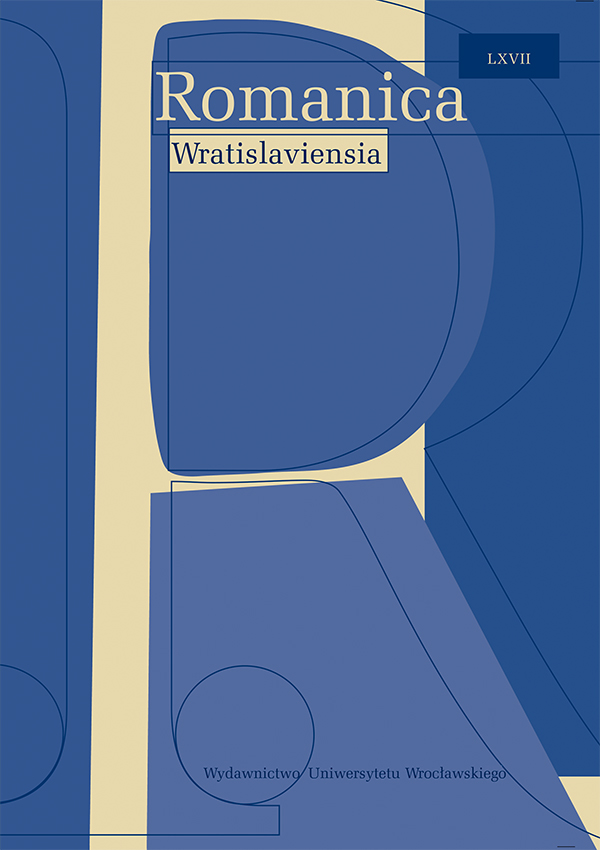

Articles

Almost all the dramatic works by Pierre-Augustin Caron de Beaumarchais (1732–1799) have been translated and performed in Poland during his lifetime. The author of this article studies the 18th-century translations with their paratexts, comparing them with the original versions, in order to discover — among translation/adaptation procedures — traces of political, social, or cultural clashes that have marked Beaumarchais’ life work and time. The corpus includes the translation of Eugénie (1778), a translation (1780) and a rewriting (1782) of The Barber of Seville and finally the only Polish version of The Marriage of Figaro (1786) that remains of the two created at the time. From play to play, the reception of Beaumarchais in Poland is growing: the time spent between the French première and the Polish one is shortening, while the number of translations, the volume of translator paratexts and the amount of information in the media space are increasing. The Polish version of Eugénie includes the same family and social clashes as the original. In the translation of The Barber of Seville, the clashes have been slightly mitigated. In The Barber of Warsaw, a play inspired by The Barber of Seville, social satire is limited, while the character being a partial equivalent of Figaro is relegated to the rank of traditional valet. In the translation of The Marriage of Figaro, all the confrontations, including that between Figaro and the Count, have been rendered, but the scene of the trial is not as sharp as in the original and the translator has eliminated Marceline’s ‘feminist’ discourse. On the other hand, in the paratextual space of the Polish edition, there is an echo of Beaumarchais’ personal clashes.